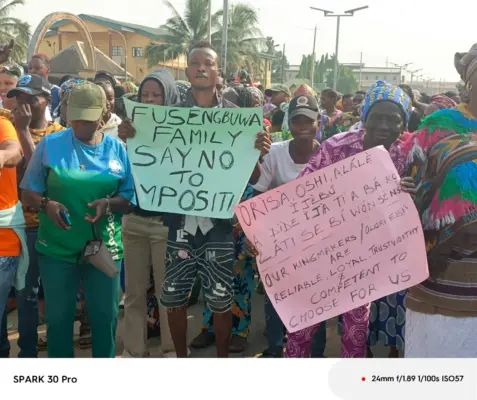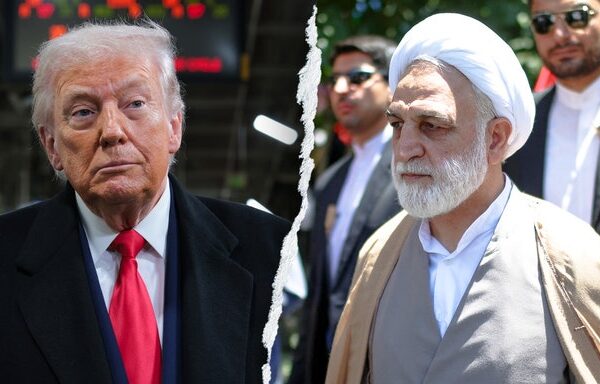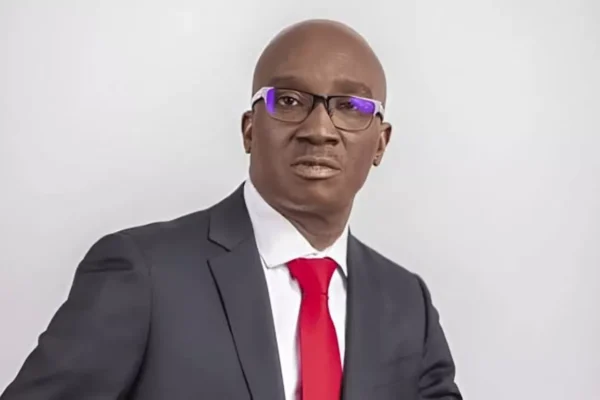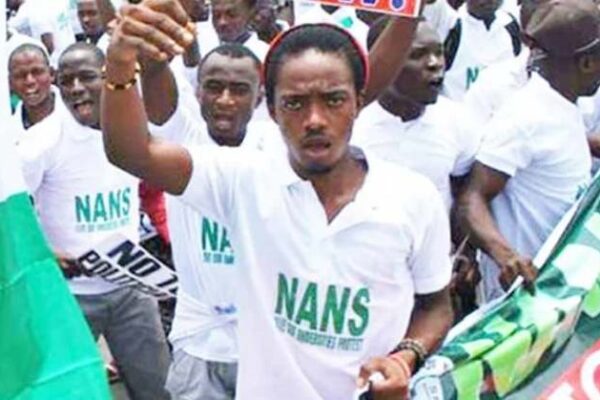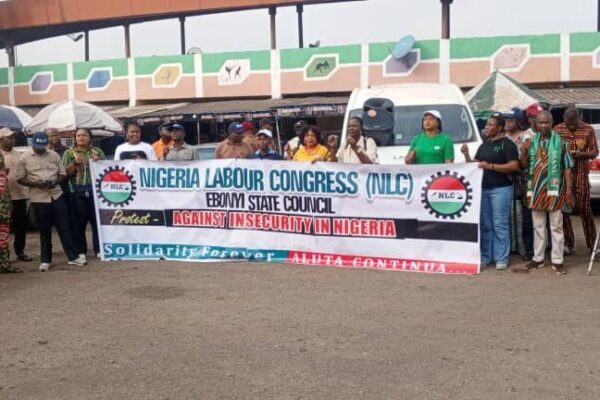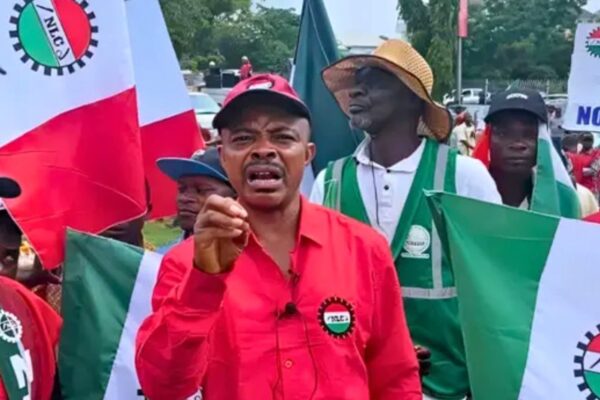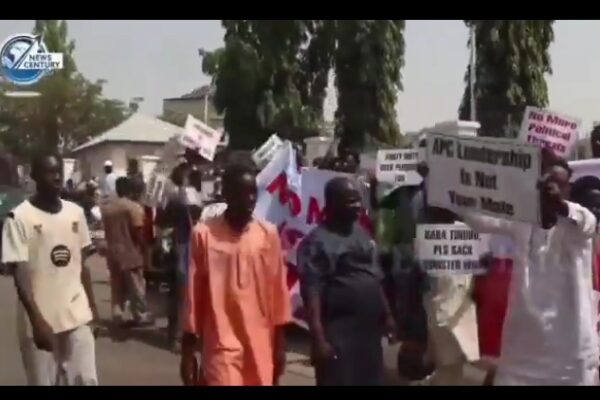
Youths Protest At APC Secretariat, Demand Removal Of FCT Minister Nyesom Wike
On Friday, youths gathered at the All Progressives Congress (APC) national secretariat to demand the removal of Federal Capital Territory Minister Nyesom Wike, accusing him of showing disrespect to party leaders. The protesters carried placards with slogans such as “President Tinubu, sack Wike now,” “Stop disrespecting APC members,” “No minister is above APC,” “APC no be Wike property,” “APC must restore order,” “Wike, APC leadership is not your mate,” and “Wike, no more political threats.” The demonstration followed a public clash between Wike and APC National Secretary Senator Ajibola Basiru over political issues in Rivers State. Basiru had urged Wike to resign from his ministerial role, criticizing what he described as the minister’s “obsession” with Rivers politics. He emphasized that all members of the APC National Working Committee must respect sitting governors as party leaders in their states. 'Sack Wike now' — protesters besiege APC headquarters, ask Tinubu to dismiss FCT minister pic.twitter.com/A7yU0tK2DU — TheCable (@thecableng) January 23, 2026


